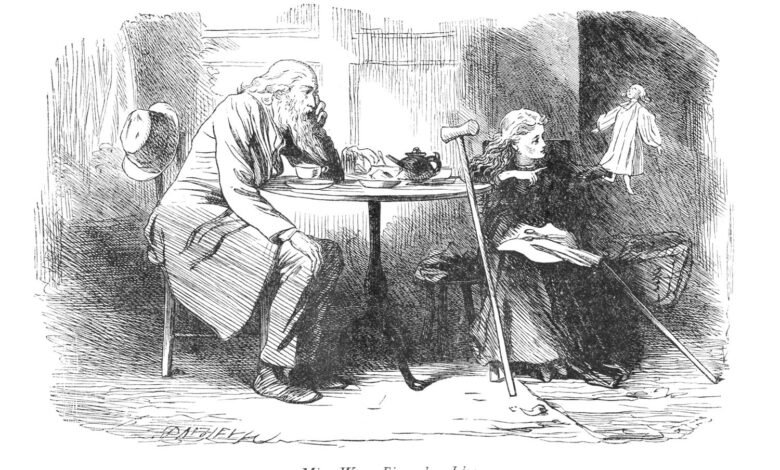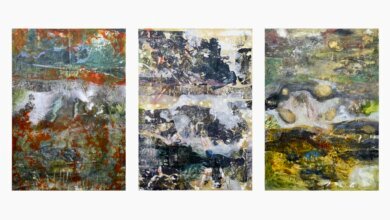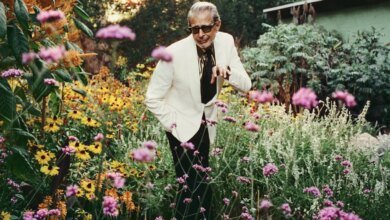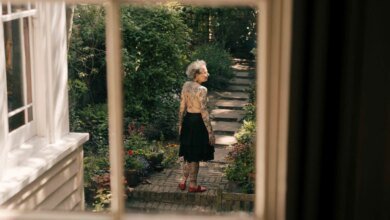The Lady who Changed Dickens’s Mind on the Jews — Jewish Renaissance


Dickens’s act of “atoning” came in literary form. His last completed novel, Our Mutual Friend (his 14th), contained the character of a “benevolent Jew”: Mr Riah. Though Dickens didn’t explicitly acknowledge the link between the creation of this character and their correspondence, Mrs Davis would lay claim to Mr Riah; and John Forster, in his biography of Dickens, and with access to Davis’s letters, concurred, writing that Riah “was meant to wipe out a reproach [from a Jewish lady whom he esteemed] against his Jew in Oliver Twist”.
My talk at the Dickens Museum on 11 February 2025 for the London School of Jewish Studies will explore Dickens’s literary acts of “atonement”, present further insights into the relationship between Davis and Dickens and the character of Riah. I will also discuss the revisions Dickens subsequently made to the portrayal of Fagin in Oliver Twist and present a new analysis of the reception of those revisions by literary critics and editors up until today.
Before the talk, participants will be taken on a tour of Dickens’s historic home with the opportunity to explore the life, writings and legacy of Charles Dickens in the place where he wrote Oliver Twist and Nicholas Nickleby.
By Dr Liz Ison
The Lady who Changed Dickens’s Mind on the Jews takes place on Tue 11 February, 10.30am, £40. Charles Dickens Museum, 48 Doughty Street, London WC1N 2LX. www.lsjs.ac.uk
Top image: Mr Riah and Jenny Wren in Our Mutual Friend. Illustration by Marcus Stone (1864). Courtesy of charlesdickensillustration.org




